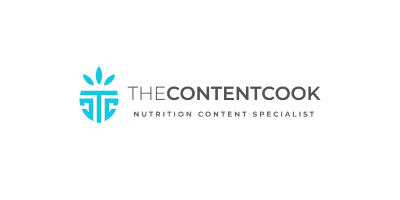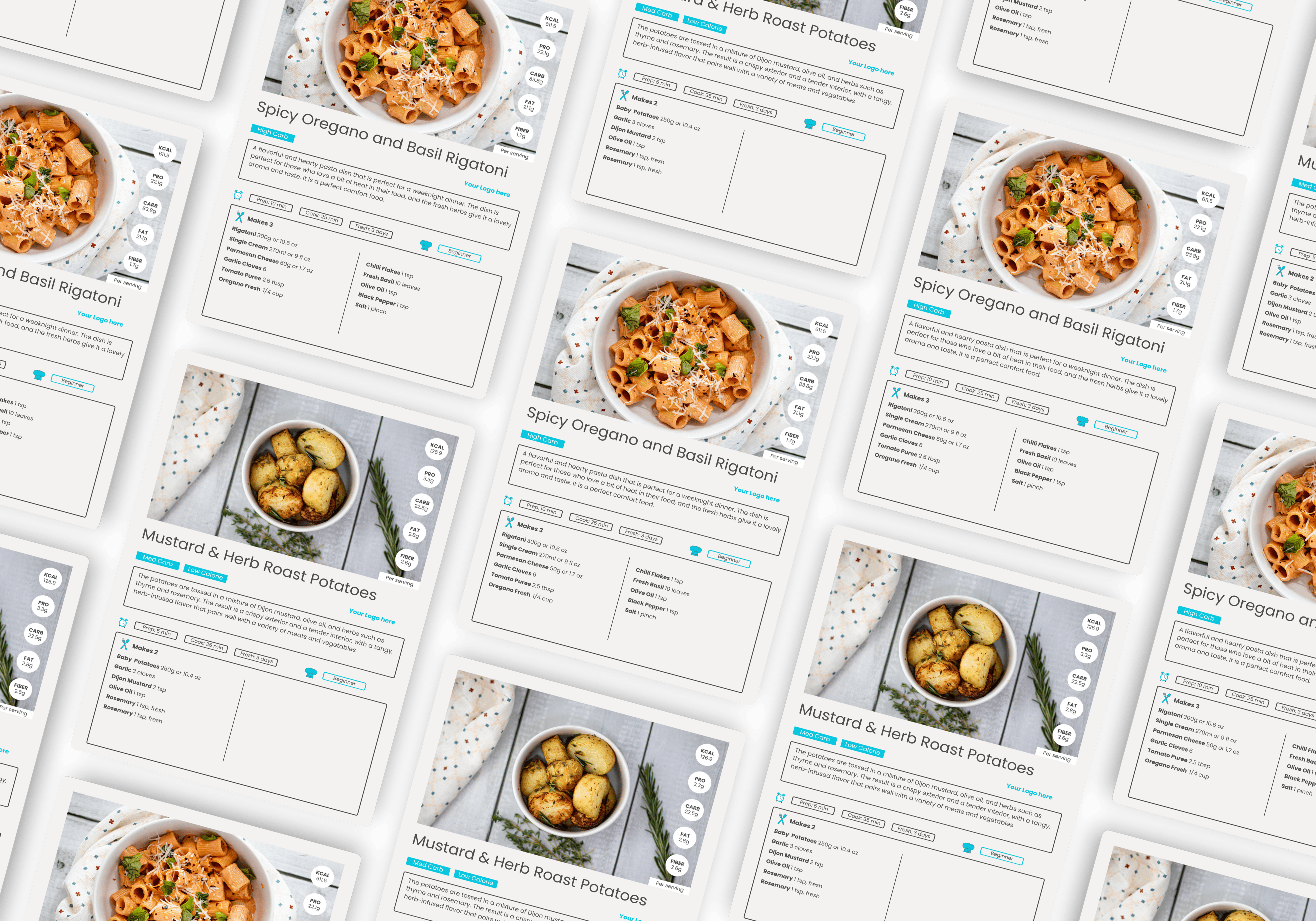Introduction
Are you aware of the immense power that lies on your plate? The food we consume plays a crucial role in our overall health and wellbeing, but did you know it also holds the key to effective injury recovery? It’s true! This blog delves into the importance of “nutrition for injury recovery” and maintaining muscle mass. We’ll unravel the science behind this concept, putting forward exciting research findings and real-life examples.
When injuries strike, they often come with unwanted side effects like muscle loss. This can lengthen recovery time and leave you feeling weaker for longer. Yet, armed with the right knowledge, your diet can become your ally, helping you maintain your strength and recover faster. Let’s embark on this intriguing journey, exploring the remarkable intersection of nutrition and injury recovery, and how you can harness it to your advantage.
This is more than just another blog post; it’s a chance to discover how you can transform your healing process through the power of nutrition. Be prepared to revolutionize your approach to recovery!
The Role of Protein in Muscle Mass Maintenance
Protein is more than just a nutrient. It’s the lifeblood of your muscles, a critical building block that supports repair and growth. When you’re nursing an injury, your body needs more protein than ever to help maintain muscle mass and stimulate recovery. So, how does this work exactly?
Your muscles are like a constantly evolving city, with protein acting as the construction crew. It’s engaged in a relentless cycle of tearing down old, damaged muscle protein (muscle protein breakdown) and building new, stronger muscle protein (muscle protein synthesis). When you’re injured, this balance can tip towards breakdown, leading to muscle loss. However, by increasing your protein intake, you can help shift the balance back towards synthesis, supporting muscle maintenance and growth.
Now, you might be wondering, “how much protein do I need?” Well, the answer isn’t one-size-fits-all. According to a 2018 study published in the Journal of Sports Sciences, injured athletes may require 1.6-2.5 grams of protein per kilogram of body weight each day. But it’s not just about the quantity; the timing and frequency of protein consumption also matter. Research suggests that spreading your protein intake evenly throughout the day can maximize muscle protein synthesis, contributing to better muscle mass maintenance.
Let’s make this more tangible. Imagine you’re an 85 kg athlete recovering from an injury. You’d ideally consume about 140-215 grams of protein daily, spread across four main meals. That equates to roughly 35-55 grams of protein per meal. This approach can potentially amplify muscle protein synthesis for 6-12 hours a day, contributing significantly to your recovery.
Navigating injury recovery can be challenging, but with strategic protein consumption, you’re already a step ahead. Remember, your diet is your recovery tool. Utilize it wisely!
Importance of Meal Timing and Frequency
When it comes to protein consumption, timing truly is important, especially when injured. Picture this: instead of having three large meals, you distribute your protein intake evenly across four to six smaller meals. In doing so, you create more opportunities for muscle protein synthesis, effectively turning your body into a muscle-preserving machine.
The science behind this is quite fascinating. Each high-protein meal triggers a period of muscle protein synthesis that lasts about 2-4 hours. So, if you’re eating regular, protein-rich meals throughout the day, you’re keeping your body in a muscle-building state for longer. That’s why the traditional pattern of a low-protein breakfast and a high-protein dinner might not be the best approach for injury recovery. It’s like putting all your eggs in one basket, rather than spreading them out to maximize benefits.
A study had an interesting find – those who distributed their protein intake evenly across all meals saw more favorable muscle protein synthesis rates over 24 hours compared to those who skewed their protein consumption towards one meal.
Now, here’s a little-known secret: the magic of protein doesn’t stop when the sun goes down. Your body continues its work of muscle repair and growth while you sleep. And you can support this process by consuming protein before bed. This might seem surprising, but research indicates that protein ingestion prior to sleep can stimulate nocturnal muscle protein synthesis. A slow-digesting protein like casein can be particularly beneficial, as it releases amino acids slowly, sustaining protein synthesis throughout the night.
Let’s think of this in real-life terms. Say you’re a night owl who usually stays up late. Instead of snacking on high-carb foods or sweets, you could opt for a casein protein shake. This not only satisfies your late-night cravings but also aids in your muscle recovery process.
By understanding and applying these principles of meal timing and frequency, you’re leveraging the power of nutrition to support your injury recovery. It’s about making every meal, every bite, and every gram of protein count!
Micronutrients and Supplements for Injury Recovery
Let’s move beyond protein for a moment and explore some of the other nutritional superheroes in the injury recovery process: micronutrients and supplements. As you’ll soon see, they play critical roles in preserving muscle mass, supporting bone health, and managing inflammation.
Firstly, let’s talk about calcium and vitamin D. They’re like the dynamic duo of bone health. You see, calcium is vital for maintaining bone density, but it’s vitamin D that helps your body absorb this crucial mineral. In the context of injury, adequate calcium and vitamin D can support healing and prevent further skeletal complications. For example, if you’ve sustained a fracture, these nutrients can help your bones knit back together more effectively.
Next up, we have omega-3 fatty acids. Picture them as your body’s natural anti-inflammatory agents. They help manage inflammation, which can be particularly high during injury recovery. Furthermore, some research suggests that omega-3s may also have a positive effect on muscle mass and function, making them a valuable addition to your injury recovery diet.
Now, let’s discuss creatine. You might associate it with weightlifters and bodybuilders, but it’s not just for them. In fact, creatine has been shown to help preserve muscle mass and strength during periods of disuse, like when you’re recovering from an injury. It’s like having a secret weapon that keeps your muscles ‘active’ even when they’re not being used much.
Lastly, let’s touch on antioxidants. They’re often hailed for their ability to fight harmful free radicals in the body. However, when it comes to injury recovery, the role of antioxidants isn’t as clear-cut. While some research suggests they might aid in recovery, other studies caution that high doses could interfere with the body’s natural healing process. So, it’s essential to find the right balance and consider the potential pros and cons before adding antioxidant supplements to your injury recovery regimen.
To bring these concepts to life, consider this scenario: you’ve sprained your ankle and are on crutches, limiting your mobility. Alongside your protein intake, you make sure to include calcium and vitamin D rich foods in your diet like dairy products, fortified cereals, and fatty fish. You also incorporate foods high in Omega-3s like salmon, walnuts, and chia seeds. Meanwhile, you’re also considering supplementing with creatine and are having a conversation with your healthcare provider about the appropriate use of antioxidants.
Navigating the world of micronutrients and supplements might seem daunting, but with the right information, these tools can significantly support your journey to recovery. Remember, nutrition for injury recovery is a multifaceted approach, and every aspect plays a part in helping you bounce back stronger!
Practical Tips for Implementing Nutritional Strategies
Having understood the importance of nutrition for injury recovery, you may now be asking, “How can I practically apply all of this information?” Don’t worry, we’ve got you covered. Here are some tips to help you incorporate these nutritional strategies into your everyday life.
Plan Your Protein: Start by planning your meals around protein. Aim for a balanced distribution of high-quality protein sources throughout the day, roughly every three hours. This could look like a Greek yogurt at breakfast, a chicken salad for lunch, a protein shake in the afternoon, and a serving of fish for dinner. Remember, consistency is key.
Pre-Sleep Protein: Don’t forget about that pre-sleep protein we talked about earlier. Consuming a slowly digested protein, like casein, before bed can help fuel muscle repair and growth overnight. A simple way to do this might be a glass of milk or a small serving of cottage cheese.
Micronutrient-Rich Meals: When crafting your meals, aim for a rainbow of fruits and vegetables. These foods are rich in micronutrients and antioxidants that can support injury recovery. Think spinach, bell peppers, berries, and tomatoes. Pair them with sources of calcium and vitamin D, like dairy products or fortified plant milks, for added bone health benefits.
Omega-3s on the Menu: Don’t forget to include sources of omega-3 fatty acids in your diet. Fatty fish like salmon or mackerel are excellent choices. If you’re vegetarian or vegan, flaxseeds, chia seeds, and walnuts are your go-to sources.
Creatine Consideration: If you’re considering creatine supplementation, consult with a healthcare professional or a sports dietitian to ensure it fits into your nutritional strategy and that you’re using it safely.
Antioxidant Approach: Lastly, while it might be tempting to load up on antioxidant supplements, remember that it’s often best to get antioxidants from whole foods. A diet rich in fruits, vegetables, whole grains, and lean proteins can provide a balanced mix of antioxidants without the potential pitfalls of supplementation.
Injury recovery is a process, and every meal is an opportunity to nourish your body and support healing. By implementing these practical strategies, you can turn nutrition into your secret weapon for a stronger, faster recovery!
Conclusion
Navigating the journey of injury recovery can indeed be a challenging one, but with the right nutritional strategies, this path can become significantly smoother. We’ve explored the pivotal role of protein, not just in quantity but also in the timing and frequency of intake, for muscle mass maintenance. We’ve delved into the importance of key micronutrients like calcium, vitamin D, and omega-3 fatty acids, along with the potential benefits of creatine and the careful approach needed with antioxidant supplements.
Each of these elements plays a unique part in the symphony of nutrition for injury recovery. However, it’s not just about knowing these components but integrating them into your daily life. Practical implementation, from meal planning to pre-sleep protein, is what turns knowledge into action.
By incorporating these nutritional strategies, you’re not just sitting out and waiting to heal; you’re actively participating in your recovery. Each meal becomes a step towards your comeback, every protein-rich snack a building block towards maintaining your hard-earned muscle mass.
Injury recovery is more than just a time of healing; it’s an opportunity for learning, growth, and resilience. With nutrition as your ally, you can transform this challenging time into a period of empowerment. Here’s to stronger recoveries, healthier athletes, and the remarkable power of nutrition!



